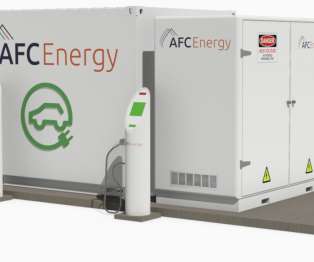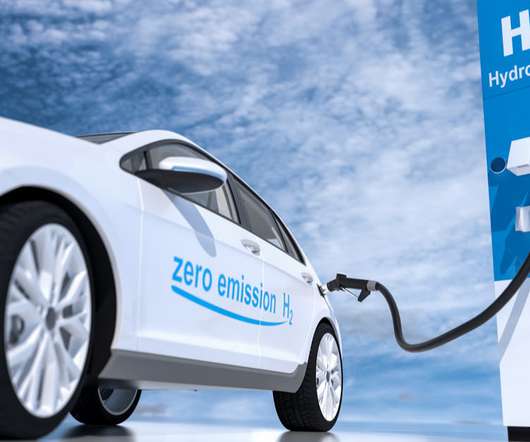Renewable plastic precursor could reduce cost of cellulosic ethanol by >$2/gallon
Green Car Congress
APRIL 10, 2017
A process for the synthesis of 1,5-pentanediol (1,5-PD) with 84% yield from furfural is developed, utilizing dehydration/hydration, ring-opening tautomerization, and hydrogenation reactions. This enhanced reactivity is a result of the ring-opening tautomerization to 5-hydoxyvaleraldehyde and subsequent hydrogenation to 1,5-PD.






















Let's personalize your content